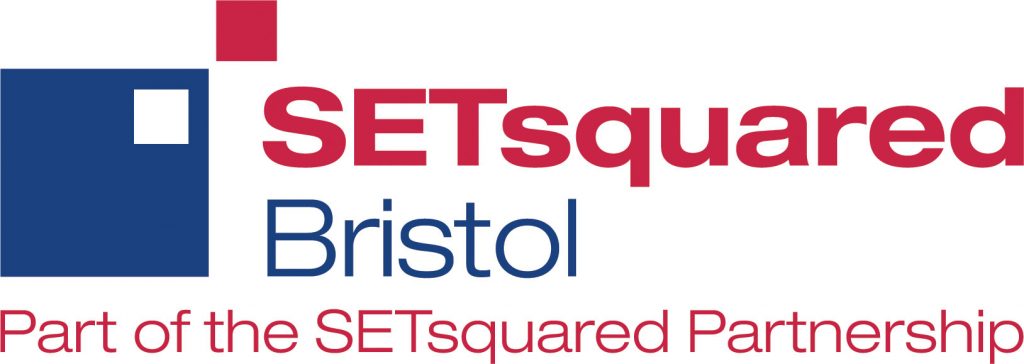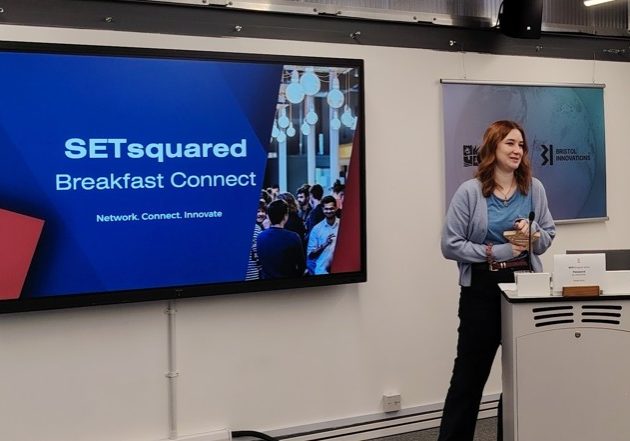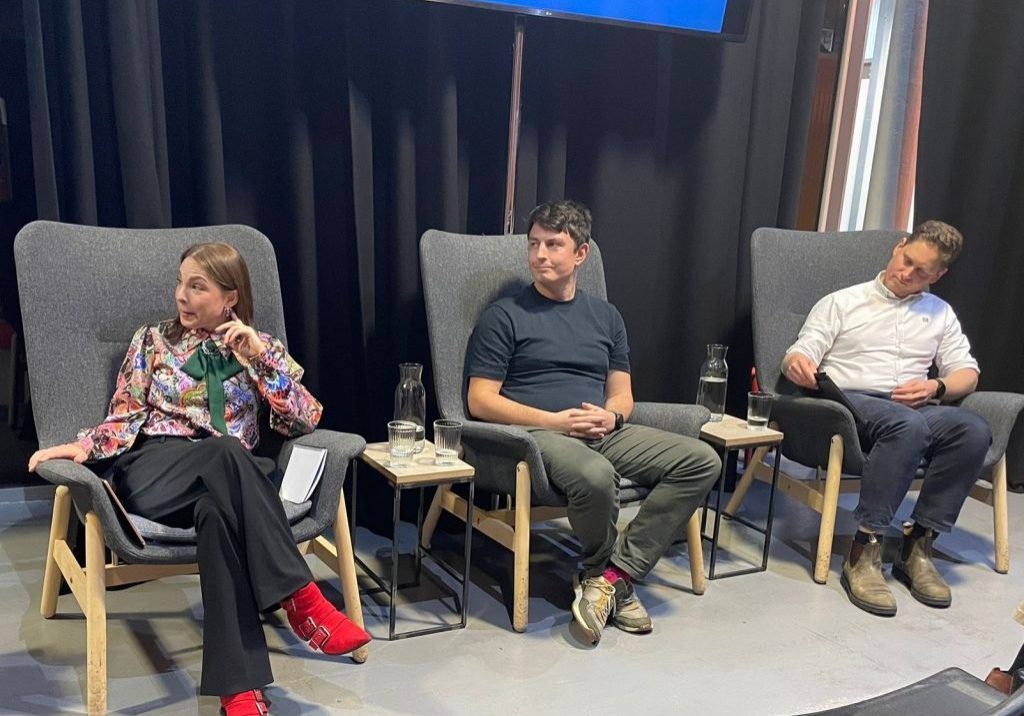Mogul Magazine Digital Business Surgery: Choosing the right legal structure for your company
Posted by
SETsquared Bristol
SETsquared Bristol is proud to partner with Mogul Magazine, Bristol’s first Black led digital magazine. Members of our team share monthly business advice and digital business surgeries for Mogul’s readers in each publication. Submit your business question to info@mogulmagazine.co.uk, where it could be published and answered by one of our business experts. Together we’ll ensure that business advice, information and opportunities reach entrepreneurs from diverse background across the region.
In April’s issue Greville Commins, Entrepreneur-in-Residence at SETsquared Bristol, answers this month’s reader question.

Question:
I don’t have a business but last year I started doing small pop up markets for small businesses. I am now thinking of taking it seriously making it into a business. I don’t know much about registering a business. Could you tell me the difference between a CIC, LTD & UnLtd companies and which one should I go for?

Answer:
The answer is, it depends.
There are many shapes & sizes for companies
- Making a product or delivering a service for profit
- Supplying a service to a community
- Solving a social/environmental need
- Supporting a life style (for owner)
- Charitable organisation
- Arts & Culture
All the above companies can run as a business, reinvest the excess or hand back profits to shareholders.
In order to facilitate the legal entity which is the trading company several legal structures are constructed that define how such companies operate and that Directors are custodians. The law demands that companies are run effectively, appropriately and legally. So, founding a company is a serious undertaking.
The Companies Act 2006 enshrines much of the way that companies are set up and run into law.
Different types of structure that can be used;
- Unlimited
- Limited by shares (Ltd.)
- Limited by guarantee (CLG)
- Limited Liability Partnership (LLP)
- Public Limited Co (PLC)
- Community Interest Company (CIC)
- Others – Charter, Statute etc.
The first question to ask yourself is what is the purpose of your business and where do profits (or surpluses) go? Am I founding a business for profit or a social enterprise delivering social impact or satisfying an environmental need?
Social Enterprises perform a vital role in many areas and can be of the form;
- cooperatives
- credit unions
- housing associations
- community development trusts
- social firms
- community businesses
Rather than maximising profit for shareholders or owners, profits are reinvested into the community or back into the business.
“a social enterprise is a business with primarily social objectives whose surpluses are principally reinvested for that purpose in the business or in the community, rather than being driven by the need to maximise profit for shareholders and owners“ (DTI, 2002)
Community Interest Company (CIC)
This legal company structure is designed for people who want to conduct a business or other activity for community benefit, and not purely for private advantage. It is a legal structure designed for social enterprises with a built-in asset lock which controls how the assets of the CIC are used for the benefit of the community or fairly disposed of in the future.
There is a new (March 2019) online CIC registration process on www.gov.uk
However a social enterprise can also be a Company Limited by Guarantee, a Company Limited by Shares, or an Industrial or Provident Society. Many also take charitable status.
Limited by shares (Ltd)
Most commonly used entity for start-ups created for profit.
A Limited company has its liabilities limited to the shareholder capital in the business. The founders of a company create shares in the new company and buy them for a nominal sum, say £1 each, so that they can becoming the shareholder(s) who own the company. The Limit of their liability, if the company fails, is the loss of the value of the shares they originally or subsequently bought from the company. Many start-up companies create 100 shares of £1 each when they start.
This limit of liability only protects shareholders & Directors if the company has been run effectively, appropriately and legally. So, break the law or run the company badly you risk being personally liable.
People you trade with also understand the limits of liability a Ltd company offers and many will ask for personal guarantees or cash with order terms to trade with you.
Unlimited companies are as the name suggests unlimited liability and not to be recommended.
This area of company law is complex and you should take professional advice about what kind of company you plan to set up. There is plenty of information on www.gov.uk on various company types and guides on setting up companies, you can also seek help from the Citizens Advice bureau.
Find out about our current projects at SETsquared
*Banner photo courtesy of Women of Colour in Tech
Recent News, Blogs and Stories



